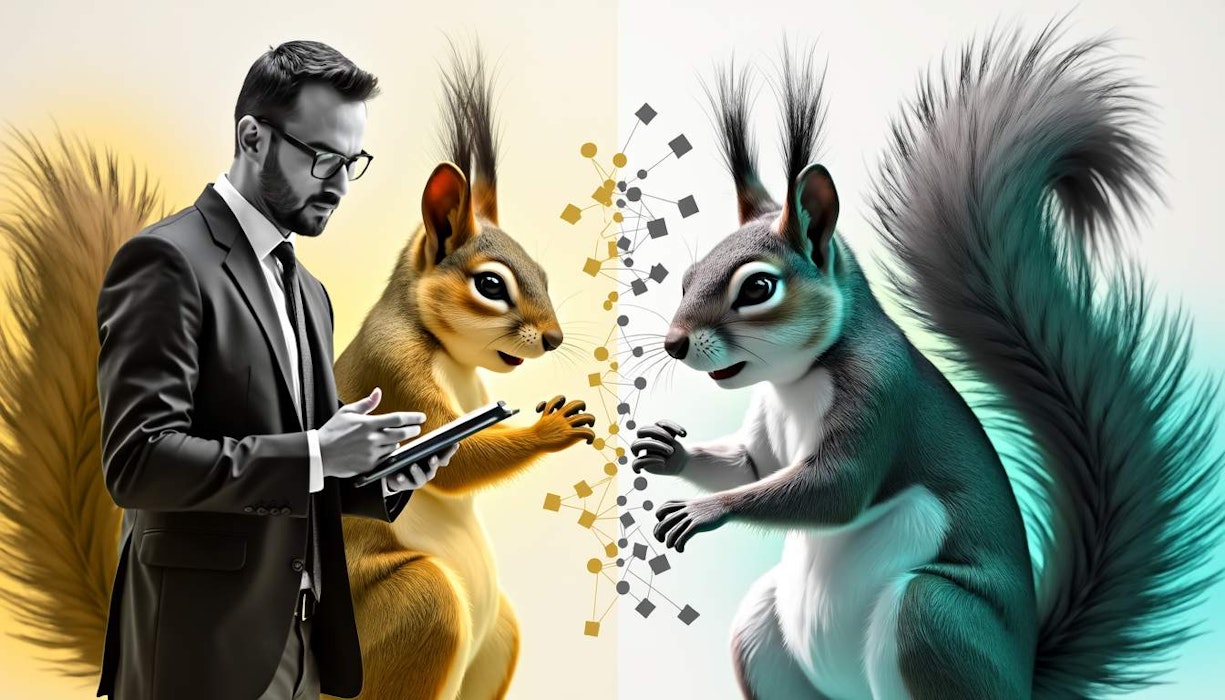There's a pretty wild story going on with Binance and a lawsuit that's got everyone talking. Mark Longo, the guy behind Peanut the Squirrel's Instagram fame, is actually suing Binance for using his pet's image to promote the PNUT memecoin without asking. This whole situation really shines a light on how viral fame and digital finance can collide. And let's be real, it's going to be interesting to see how this plays out in terms of who gets to keep their digital assets safe.
The Peanut Squirrel Saga
Now, if you don't know, Peanut the Squirrel was no ordinary squirrel. He was a rescued little guy who gained a massive following on Instagram thanks to Longo’s viral videos. Sadly, Peanut and his raccoon buddy, Fred, were euthanized for rabies testing. This didn’t sit well with the public, and lawmakers had a lot to say about it.
In the wake of all this, Peanut-inspired memecoins popped up everywhere, with PNUT being one of them. It skyrocketed to a $120 million market cap within a week of launching. And then, on November 11, Binance decided to list it. Cue the price surge that took it to the top 10 memecoins by market cap, hitting over $1 billion in no time. It peaked at a $2.27 billion market cap before dropping again, but it’s still above $1 billion now.
Mark Longo vs. Binance: The Legal Battle
Fast forward to this past Sunday, and Longo's taking Binance to court. He's not happy about them using his intellectual property without permission. His cease and desist letter claims that Binance used a copyrighted image of Peanut in a cowboy hat and the likeness of "PEANUT THE SQUIRREL and PNUT" to promote their memecoin. And they want Binance to respond by December 31, 2024.
Longo's not just stopping here; he said this is the first of many cease and desist notices. After the news broke, PNUT lost about 10.2% of its value, dropping from $1.17 to $1.05. Investors are obviously a bit worried about what this means for the future.
Implications for Intellectual Property in Crypto
When it comes to enforcing intellectual property rights in crypto, it’s a tricky business. The whole decentralized and speculative nature of digital assets makes it hard to pin down. While laws are there, you don’t see them enforced as much as you would in traditional finance. But Longo’s move against Binance could change that. If he wins, it could mean more legal protection for creators and owners of intellectual property. Maybe we’ll see fewer meme coins popping up without permission.
Longo has a history of being unhappy with how the crypto community has profited from his late pet. He even tried to create his own memecoin, Justice for Pnut and Fred (JUSTICE), but it was embroiled in allegations of insider trading. In his warning, he also promoted another memecoin, Justice for Peanut (JFP), which saw a brief spike of 159% before crashing.
If Longo comes out on top, it could mean exchanges will be more cautious about listing meme coins that might be infringing on someone else's intellectual property. On one hand, this could make the market more stable and trustworthy. But on the other hand, it could stifle the creativity that often drives these meme coins, which thrive on viral content.
In the end, it’s a complex situation that could have a lot of implications, both good and bad, for the future of meme coins and the crypto market overall.
